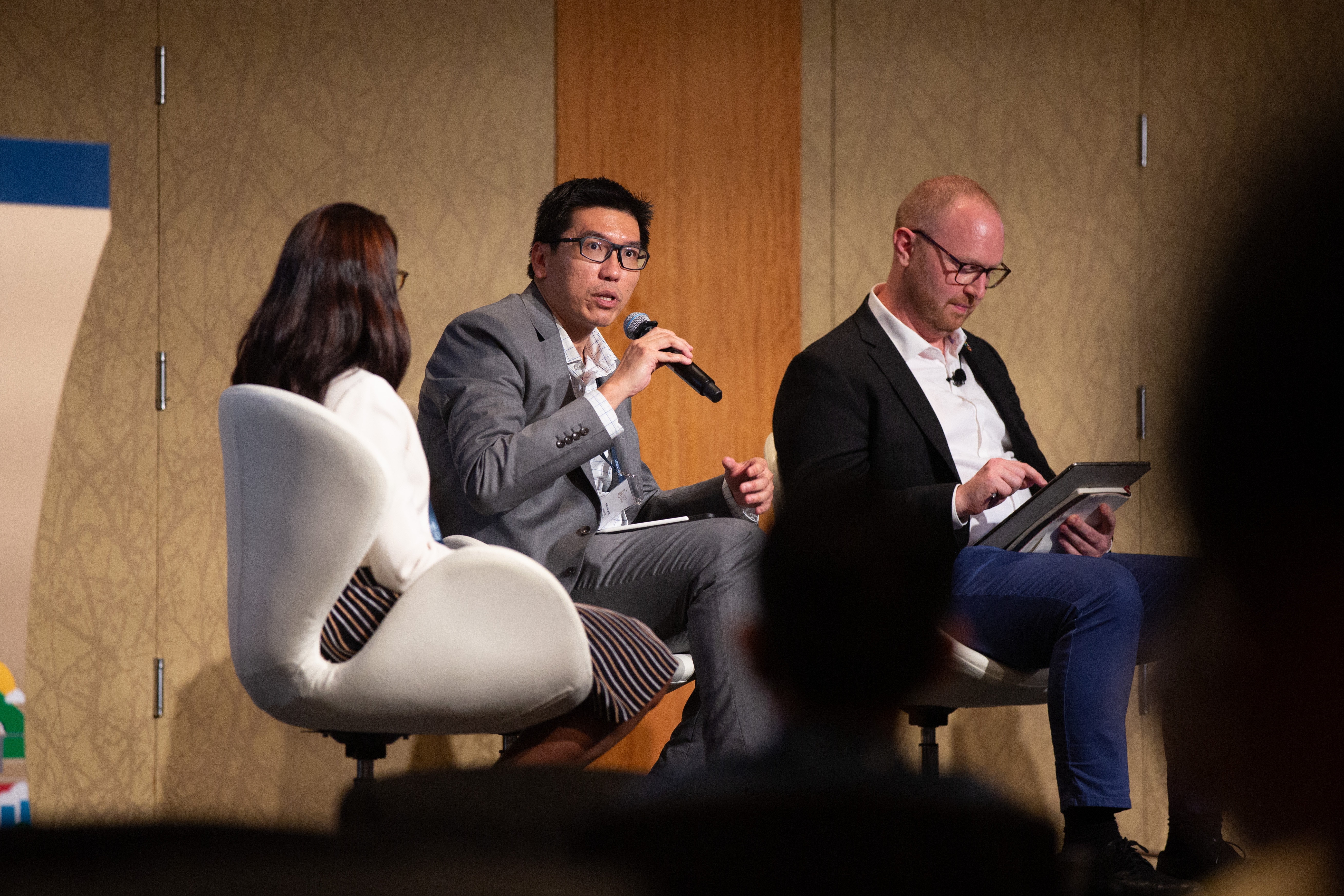Cooling Singapore 2.0: A step towards becoming a climate resilient and regenerative city -1
Cooling Singapore 2.0: A step towards becoming a climate resilient and regenerative city -1
By SMU City Perspectives team
Published
The problem is that a lot of the people who can contribute to solutions only see within their own part of the subsystem. With the Cooling Singapore model in place, they can see that one action may propagate into other aspects of the urban environment.
Winston Chow
Professor of Urban Climate, Singapore Management University
“The problem is that a lot of the people who can contribute to solutions only see within their own part of the subsystem. With the Cooling Singapore model in place, they can see that one action may propagate into other aspects of the urban environment” - Associate Professor Winston Chow
In Brief
- Urban overheating is a problem that requires urgent attention as inaction could lead to fatal consequences on health and infrastructure, and negatively impact the day-to-day running of cities.
- To aid in the designing of holistic and effective policies that address the issue, the Cooling Singapore 2.0 project is developing a Digital Urban Climate Twin (DUCT) that allows stakeholders to assess the feasibility of climate adaptation options based on computational models.
- While the solutions will vary from city to city, Southeast Asian countries can learn from each other and work together to mitigate climate risks, adapt to warmer temperatures and create a sustainable and regenerative relationship between human beings and nature.
Click on the hotspots to explore
Click here to view the accessible version of this interactive content
World Cities Summit 2022

At the World Cities Summit 2022, Associate Professor Winston Chow presented on the topic of “Enabling Climate-Resilient Development in Cities & the Singapore Green Plan 2030” as part of the “Science of Regenerative Cities” panel at the Science of Cities Symposium held on 31 July 2022. The panel featured Leonard Ng from Ramboll Studio Dreiseitl (Asia Pacific), Seah Chee Huang from DP Architects Pte Ltd and Veera Sekaran from Greenology Pte Ltd.
Prof Chow provided an overview of ‘Climate Resilient Development’, a solutions framework by the Intergovernmental Panel on Climate Change (IPCC) that takes a holistic approach towards reducing long-term climate risks. He shared that cities in particular, face the risk of warmer temperatures due to the combination of climate change and the urban heat island effect. He then expanded on some steps policymakers can take to mitigate these risks, adapt to the warmer climates and create a sustainable and regenerating relationship between human beings and nature.
Prof Chow is lead author for the IPCC’s chapter on ‘Cities, Settlements and Key Infrastructure’ for their sixth assessment report on climate change. His research on “Cooling Singapore 2.0 and Climate Resilient Development”, summarised in the interactive research poster above, was also showcased at the World Cities Summit 2022 from 31 July to 3 August 2022.
About World Cities Summit
The biennial World Cities Summit (WCS) is an exclusive platform for government leaders and industry experts to address liveable and sustainable city challenges, share integrated urban solutions and forge new partnerships. Jointly organised by Singapore’s Centre for Liveable Cities (CLC) and the Urban Redevelopment Authority (URA), key highlights of the Summit include the WCS Mayors Forum, the Lee Kuan Yew World City Prize and the WCS Young Leaders Symposium. For the 2022 edition, Singapore Management University was a Patron Sponsor.
Source: World Cities Summit

